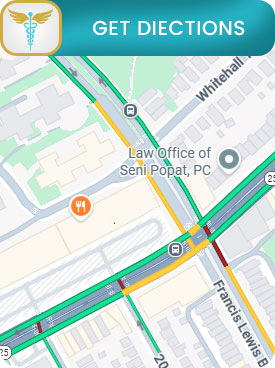Telehealth for the Assessment and Treatment of Depression in Queens, NY
At Marcellus Wellness & Addiction Services, our board-certified psychiatric mental health and adult nurse practitioner, Jean-Jeffrey Marcellus and his team offer in-person and telehealth appointments to better suit your individual needs. If you’re struggling with depression, or need an assessment to clarify your diagnosis, contact us today or book in online for an appointment. We offer professional and convenient service options online to serve you best. We are conveniently located at 205-07 Hillside Avenue Suite# 10, Queens, NY 11423.



Additional Services We Offer

Additional Services We Offer



